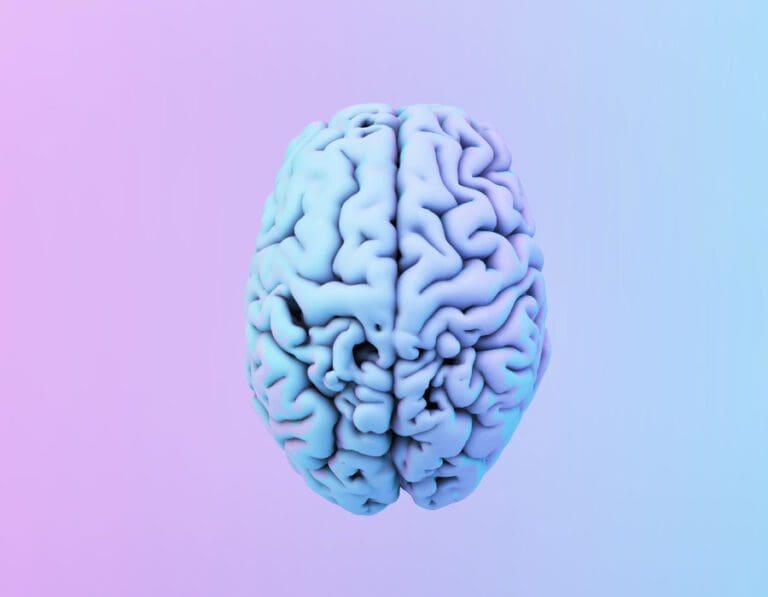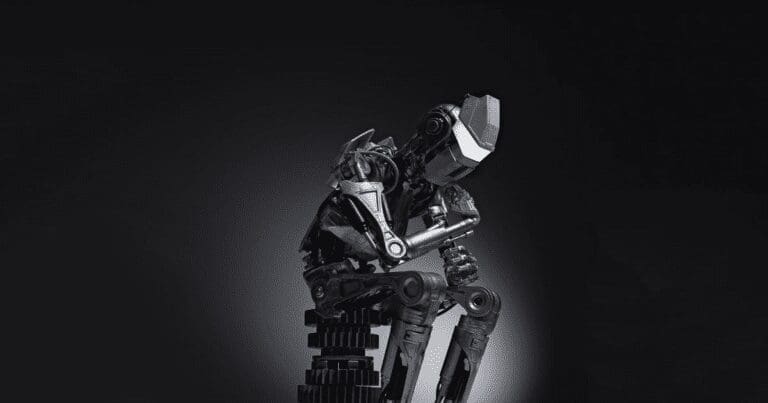A simple definition of unconscious bias is that it “refers to the stereotypes. Both negative and positive. All of which exist in our subconscious and affect our behavior.” Because the bias is unconscious, it is hard for us to realize that it is embedded in our mindset and beliefs.
Below are five examples of surprisingly common unconscious biases that are present in our lives and accepted without our notice:
Gendered Qualities: men as leaders, women as supporters
For a very long time, humans have (and, for many, still) identified “rational, dominant, and driven” as male characteristics. “Emotional, supportive and caring” are those of female attributes. We are born and raised into societies where such qualities are predominantly associated with one gender. Those adjectives have become our norms and standards to judge one another and respond to various situations.
The finding of the 2003 Harvard case, “Heidi vs. Howard,” remains alarming till today. The same story of a successful entrepreneur—with the only variance of gender difference—received different impressions. Howard was seen as a more appealing colleague, whereas Heidi was perceived as selfish and unlikeable. As we have long associated women with feminine traits like ‘nice, caring and supportive.’ We use another set of standards to judge female leaders than we do to male ones.
The 2016 U.S. Election serves as an example for this case. An experienced, successful female politician like Hillary Clinton, driven and seemingly unemotional – may be perceived as cold, aggressive, and power-hungry. Our mind naturally finds it contradictory to the gender norms we are familiar with. However, if it is a man who exhibits such qualities, we are more accepting.
How we see the world via product design: a righty’s world
The things we use in life, in particular technologies, help reinforce the way we perceive the world. We may not notice it, if we are part of the majority. Take the early YouTube app as an example. When it was first launched for iOS, around five to ten percent of the uploaded videos were shown upside-down. This was due to an error unforeseen by the company’s developer team. The app was designed conveniently yet exclusively for right-handed users. It was incompatible with the lefties who typically rotate their phones 180 degrees to record videos. The original design resulted from a natural, unconscious development process, but it supported a righty’s world. Shunning those who are not the same.
Parental expectations: sons are sons, and daughters are daughters
“We’ve begun to raise daughters more like sons… but few have the courage to raise our sons more like our daughters.” – Gloria Steinem
When it comes to raising children and setting expectations for their behavior, parents are more tolerant of boys engaging in active play and expectant of girls to be more self-regulated. The different attitude parents have towards their children can affect their growth and development. Studies show that better self-regulation—one’s “ability to control their behavior and impulses, follow directions, and persist on a task”—is connected to higher academic performance and college completion.
Likelihood of getting hired: the name on your resume sets the first impression
Anyone who has applied for jobs before can understand the stress of crafting the perfect resume that helps you land an interview. Yet have you ever wondered how unconscious bias plays a role in the selection process?
A recent study at Yale reveals that the name of the applicant impacts the recruiting decision. While two versions of the same resume—identical, except for the candidate’s first name—were given to recruiters. The “male” candidate was regarded as more experienced and gifted, as well as was more likely to get hired and given a higher salary. This is implicit sexism, even as we are not aware of it.
Aside from gender biases, racial discrimination is also an issue. Another study found that job applicants with names that are less “white”-sounding are also less likely to get a response from recruiters.
Talent in STEM: innate talent or additional nurture?
While boys are deemed and anticipated to perform better in STEM-related areas than girls do, researchers discovered that girls actually outperform their male counterparts in math and science exams when the tests are graded anonymously. The finding concludes that when grading exams of STEM-related subjects, teachers tend to overestimate male students’ abilities while underestimating female students’, thus creating negative long-term impact on their attitudes toward the subjects and future career path.
Combating unconscious bias is no easy task. After all, it affects our decision-making process in ways we do not easily notice and cannot control. Nonetheless, by making these unconscious biases conscious, such as exposing ourselves to more studies and reflecting on our own thoughts and actions, we can reduce the losses precipitated by these stereotypes and create a more inclusive environment that fosters more diverse ideas and provides equal opportunities to both genders, whether that is at work, school, or within our family.
About the author

Follow Vivien: Instagram | LinkedIn
JOIN OUR SHECANCODE COMMUNITY TO RECEIVE MORE GREAT CONTENT LIKE THIS
You will receive regular content updates; our pick of the weekly women in tech events, and the latest jobs from companies who are focused on increasing their diversity and inclusion across their workforce.








